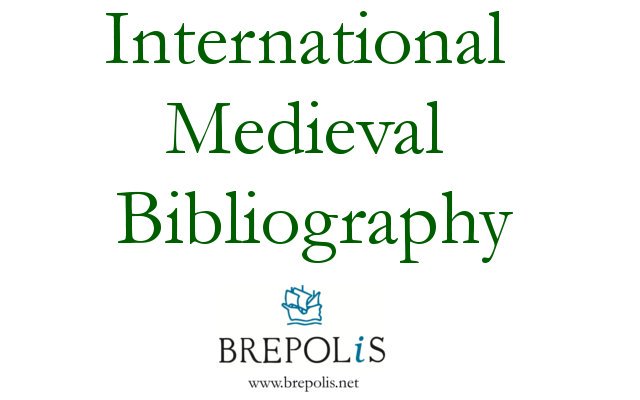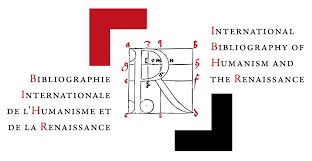Traditional culture of the Romaioi Greeks and Urumlar Greeks (on the materials of the ethnolinguistic expedition to the Greeks of Caucasus Mineral Waters region)
DOI:
https://doi.org/10.31168/2073-5731.2023.3-4.15Keywords:
Greeks of Russia, Greek Traditional Culture, Ethnolinguistics, Pontic Greeks, Funeral and Memorial RitesAbstract
This paper presents the materials collected during an ethnolinguistic expedition to the Greeks of Caucasus Mineral Waters region in January 2023. The Greek population of this area consists of two language groups: the Urumlar Greeks, who speak the Turkic dialect, and the Romaioi Greeks, who speak the Pontic dialect of the Greek language. The nominations of these two groups and their languages are analyzed in this paper. It also includes a brief historical background on the resettlement of the Greeks to the Russian Empire and describes the current state of the social and cultural life of the diaspora. The main goal of the expedition was to fix the vocabulary of funeral and memorial rituals in the Turkic and Pontic dialects. The lexemes and expressions in two languages are presented in this paper. Many lexemes of the Pontic dialect are unique, having no analogues in the Modern Greek language: for example, λυτρία (litria) ‘wake’ or σκώστικα (skόstika) ‘memorial dinner’. The vocabulary used for the nomination of mythological characters is also considered in this paper. It is noted that among the Pontic-speaking population, narratives about mythological characters are practically lost.
Acknowledgements
Inna Nikitina’s work was supported by a grant from the Russian Science Foundation No. 22-18-00484, https://rscf.ru/project/22-18-00484/.
Received: 06.05.2023.
Revised: 01.08.2023.
Accepted: 12.09.2023.
Citation
Klimova K. A., Nikitina I. O. Traditional culture of the Romaioi Greeks and Urumlar Greeks (on the materials of the ethnolinguistic expedition to the Greeks of Caucasus Mineral Waters region) // Slavic Almanac. 2023. No 3–4. P. 302–319 (in Russian). DOI: 10.31168/2073-5731.2023.3-4.15






